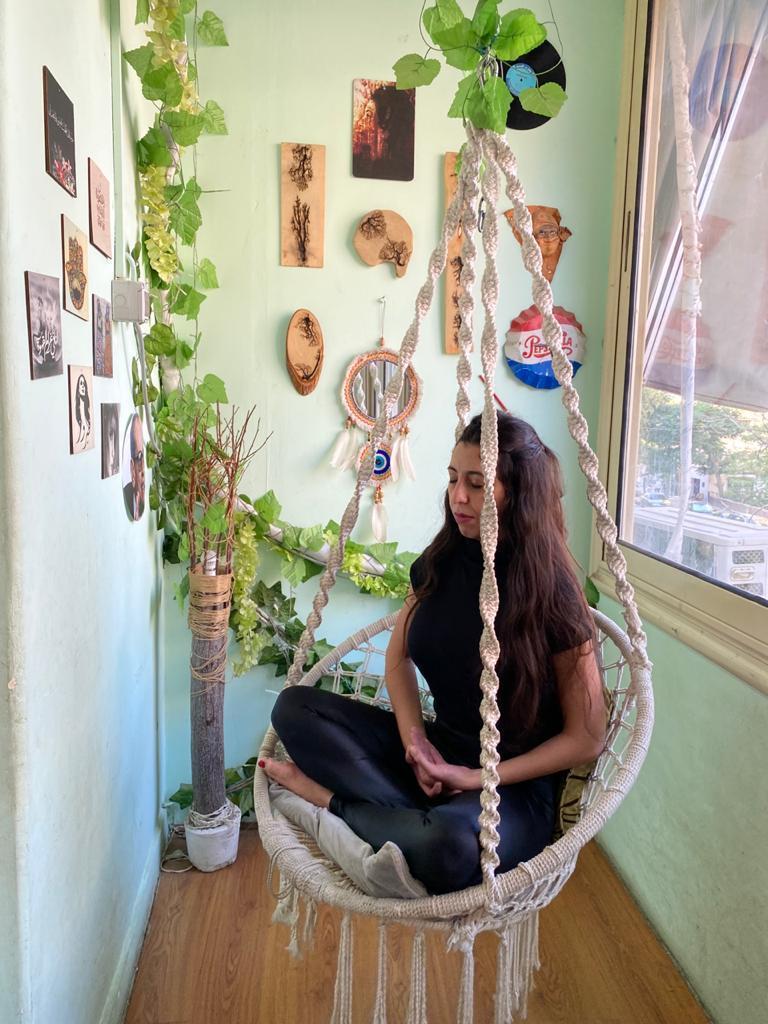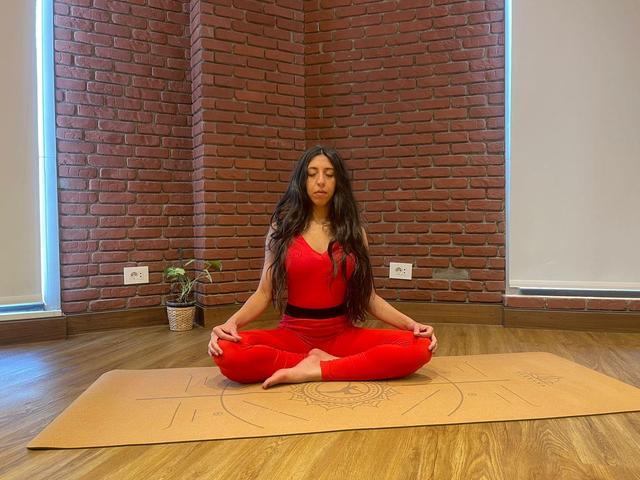Mountain Meditation (For Resilience)
Resilience can help us get through and overcome hardship. But resilience is not something we’re born with. It’s built over time as the experiences we have interact with our unique, individual genetic makeup. That’s why our individual responses to stress and adversity — like those from the COVID pandemic — can differ tremendously.
Hardships can be terrifying when you’re running away from them, and it can be so easy (almost natural) to feel ungrounded, fearful, or even paralyzed in the face of difficult emotions and life circumstances. But have you ever noticed that, the more you turn and face those fears, the more they lose their power? It’s like going on a camping trip and being terrified of the dark and the noises in the woods. The moment you shine a torch and look again, you realize there’s nothing to be afraid of.
The Mountain Meditation is a mindful visualization that is designed to cultivate stillness and calm, and to connect with our inner strength and stability in the face of internal and external challenges. It encourages us to seek inner stillness and peace in the face of everyday life and its challenges.
When it comes to meditation, mountains have a lot to teach. They have archetypal significance in all cultures: they are sacred places… they embody the contradictions of dread and harmony, harshness and majesty… they are the wombs of visions and revelations, where people have always sought spiritual guidance and renewal.
In this meditation practice, we borrow these wonderful archetypal qualities of mountains and use them to bolster our intentionality and resolve, to hold the moment with an elemental purity and simplicity. The mountain image, held in the mind's eye and in the body, can freshen up our memory of why we are sitting in the first place, and of what it truly means, each time we take our seat, to dwell in the realm of “pure being” and “non-doing.”
Mountain Meditation (For Resilience) doesn’t have reviews yet.
Click the button below to leave the first one!
Dina Omar doesn’t have reviews yet.
Click the button below to leave the first one!
Be the first to post a message!

